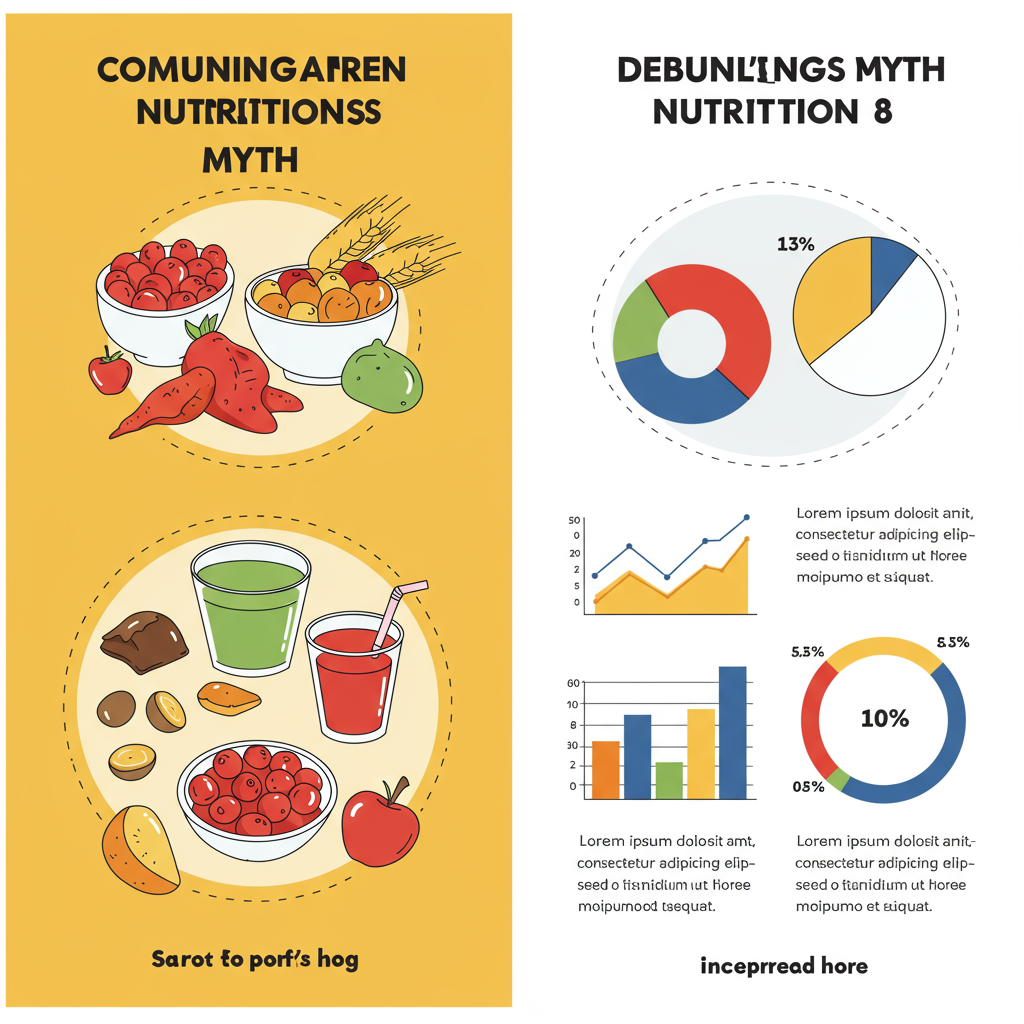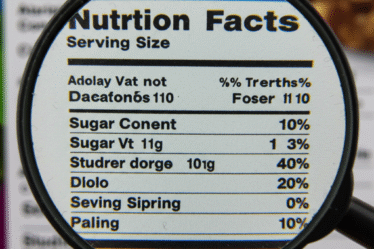
Nutrition advice can feel like a minefield. One minute fat is the enemy, the next it’s essential. Carbs are demonized, then praised as fuel for athletes. It’s no wonder so many people feel lost and confused about what constitutes a healthy diet. This article cuts through the noise, debunking common nutrition myths and revealing the scientifically-backed truth about popular diet fads and pervasive food beliefs.
One persistent myth is the idea of ‘detoxing.’ While colorful juices and restrictive cleanses promise to rid your body of toxins, your liver and kidneys already perform this function remarkably well. Rather than falling for expensive and often ineffective detox programs, focus on nourishing your body with a balanced diet of whole foods. Fruits, vegetables, and lean proteins provide the vitamins and minerals your body needs to thrive, naturally supporting its own detoxification processes.
Another widespread misconception centers around carbohydrates. Many popular diets vilify carbs, promoting low-carb or no-carb approaches. However, carbohydrates are a crucial energy source, particularly for brain function and physical activity. The key isn’t eliminating carbs entirely, but choosing the right kinds. Opt for complex carbohydrates found in whole grains, fruits, and vegetables over refined carbohydrates like white bread and sugary drinks. Complex carbs provide sustained energy and a wealth of nutrients, while refined carbs often lead to energy crashes and contribute to weight gain.
The ‘fat makes you fat’ myth is another dietary fallacy that has persisted for decades. While it’s true that fat contains more calories per gram than carbohydrates or protein, not all fats are created equal. Healthy fats, like those found in avocados, nuts, and olive oil, are essential for hormone production, cell function, and nutrient absorption. These healthy fats can actually aid in weight management by promoting satiety and helping regulate blood sugar levels. The real culprit behind weight gain is often not fat itself, but an overconsumption of processed foods high in unhealthy saturated and trans fats, along with added sugars.
Finally, let’s address the myth of the ‘perfect’ diet. There’s no one-size-fits-all approach to nutrition. Individual needs vary based on factors like age, activity level, genetics, and underlying health conditions. A balanced diet that prioritizes whole, unprocessed foods is generally a good starting point, but listening to your body and working with a registered dietitian or nutritionist can help you tailor your eating habits to meet your specific needs and goals. Don’t get caught up in restrictive diet trends or quick fixes. Sustainable, long-term health comes from adopting a balanced approach that nourishes your body and supports your overall well-being.
Ultimately, navigating the world of nutrition requires a critical eye and a commitment to evidence-based information. By understanding the science behind food and dispelling common myths, you can empower yourself to make informed choices that support your health and well-being.



